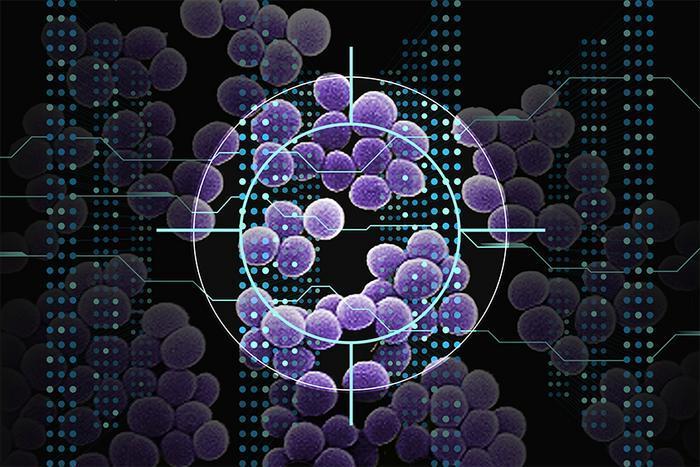First New Antibiotic in 60 Years, Thanks to AI

Artificial Intelligence (AI) has aided in the discovery of a new antibiotic targeting the drug-resistant Staphylococcus aureus, commonly known as MRSA. This breakthrough is crucial given MRSA’s status as a superbug, notorious for its resilience against conventional treatments, leading to over 35,000 deaths annually.
Utilizing a deep-learning algorithm, scientists identified novel compounds and assessed their efficacy against MRSA. James Collins, a professor at MIT and one of the study’s authors, highlighted the AI’s ability to predict potential antibiotics. However, conventional AI models often operate as ‘Black Box’ systems, lacking transparency in their decision-making process.
To address this limitation, researchers adapted an algorithm called Monte Carlo tree search, previously used in explainable AI systems like AlphaGo. This modification enabled the AI model to not only estimate antimicrobial activity but also provide insights into the molecular structures responsible for this activity.
The findings have been shared with Phare Bio, a nonprofit associated with the Antibiotics-AI Project, for further analysis of the compounds’ properties and potential clinical applications. Meanwhile, Collins’ lab continues to design new drug candidates based on these insights and employs AI models to explore solutions for combating other bacterial strains.
It is great to see the good side of advancing technologies!